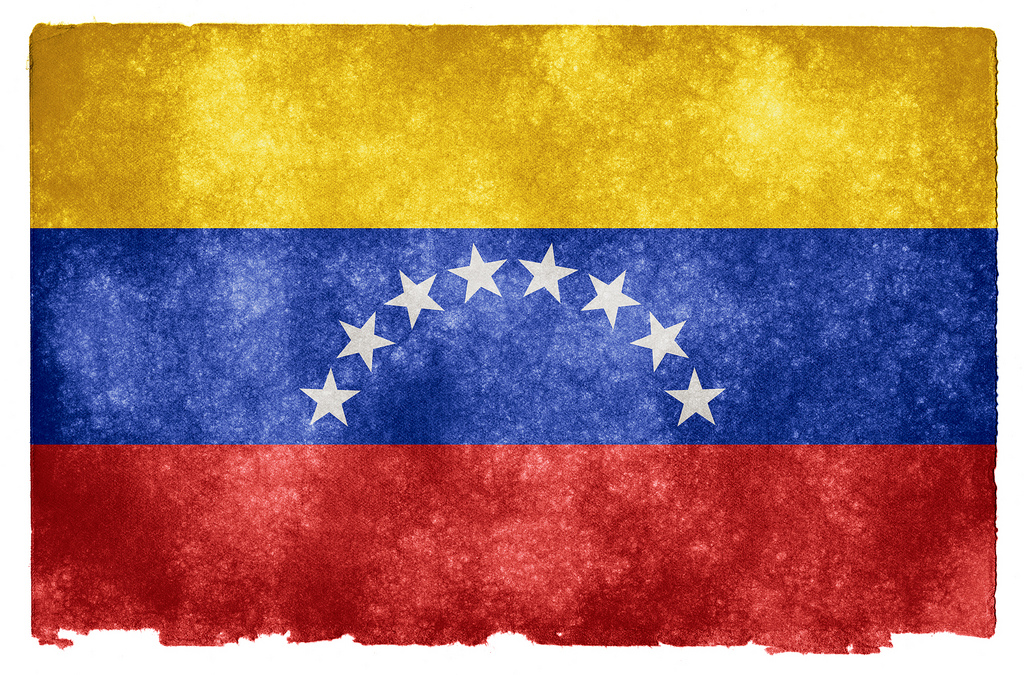Democracy and Elections in Venezuela
The ruling party in Venezuela, the United Socialist Party (PSUV), landed a comprehensive victory in Venezuela’s regional and local elections on Sunday, November 21, 2021, winning 83% of the governorships. PSUV secured at least 19 of the 23 governorships and the important Caracas mayoralty, according to initial results from the National Electoral Council (CNE), on Sunday night. The PSUV also successfully overturned rightwing incumbents in Mérida, Táchira, and Anzoátegui states and held off fierce challenges in many others, including Miranda, Carabobo, Bolívar, and Apure.
The ballot saw Venezuelans elect 335 mayors, 253 regional legislators, and 2,471 local councilors in the country’s twenty-seventh election since 1998. The 42.3% turnout was twelve points higher than December’s parliamentary elections, bucking a recent downwards trend. Sunday’s vote saw a wider electoral offer than on past occasions, with 111 parties running, including the US-backed hard-right, which returned to the ballot on the Democratic Unity Roundtable (MUD) ticket. According to CNE Rector Roberto Picón, increased turnout is “the first step in reactivating politics in Venezuela and re-sewing trust in the institutions.”Sunday’s vote was overseen by over 300 international observers from 55 countries and many international organizations, including the Carter Center, United Nations, the Latin American Council of Electoral Experts (CEELA), and the European Union (EU). CEELA president Nicanor Moscoso praised the process and claimed it had “consolidated Venezuela’s democratic institutions.” See the link: https://venezuelanalysis.com/news/15387
One of the main achievements of the dialogue between the Venezuelan government and the opposition was the return of the most belligerent opposition sectors to non-violent political struggle. The 2021 subnational elections evidenced this precisely because they were attended by opponents who had openly rejected the electoral processes for years.
According to CNE data, the Democratic Unity Table (MUD), the largest opposition party, won the governments of the states of Cojedes and Zulia. In contrast, “Fuerza Vecinal” (“Neighborhood Force”) won in the state of Nueva Esparta. Two of the opposition candidates were re-elected to their positions as governors. Regarding the results of the mayoralties, the MUD won 59 mayoralties, the Democratic Alliance achieved control of 37 cities, and other opposition groups prevailed in 21 mayoralties. https://www.telesurenglish.net/news/The-Venezuelan-Elections-Represent-A-Victory-of-Democracy-20211123-0002.html
As in other electoral processes through the years, Global Ministries’ Partner, the Evangelical Pentecostal Union of Venezuela (UEPV), has promoted democracy, voter registration, and participation. UEPV leaders participated as observers and presidents of poll centers, mainly in Lara and Zulia State. According to the UEPV’s General Bishop, the Reverend Gamaliel Lugo-Morales, “The Venezuelan people once again defeated the pandemic, the fuel problem and the paralysis of public transport, and came out, in a civic and democratic way, to exercise their right to vote. I consider that the electoral results have been fair, legal, and do reflect the will of the Venezuelan people.”
UEPV also continues working on socio-theological education projects for pastors and lay leaders, food and emergency programs, health, and advocacy on peace and justice for Venezuela. To support our partner, the Evangelical Pentecostal Union of Venezuela, you can contribute financially through Global Ministries. Information on sending gifts to Global Ministries online, by check in the mail, or by phone can be found at www.globalministries.org/give.

